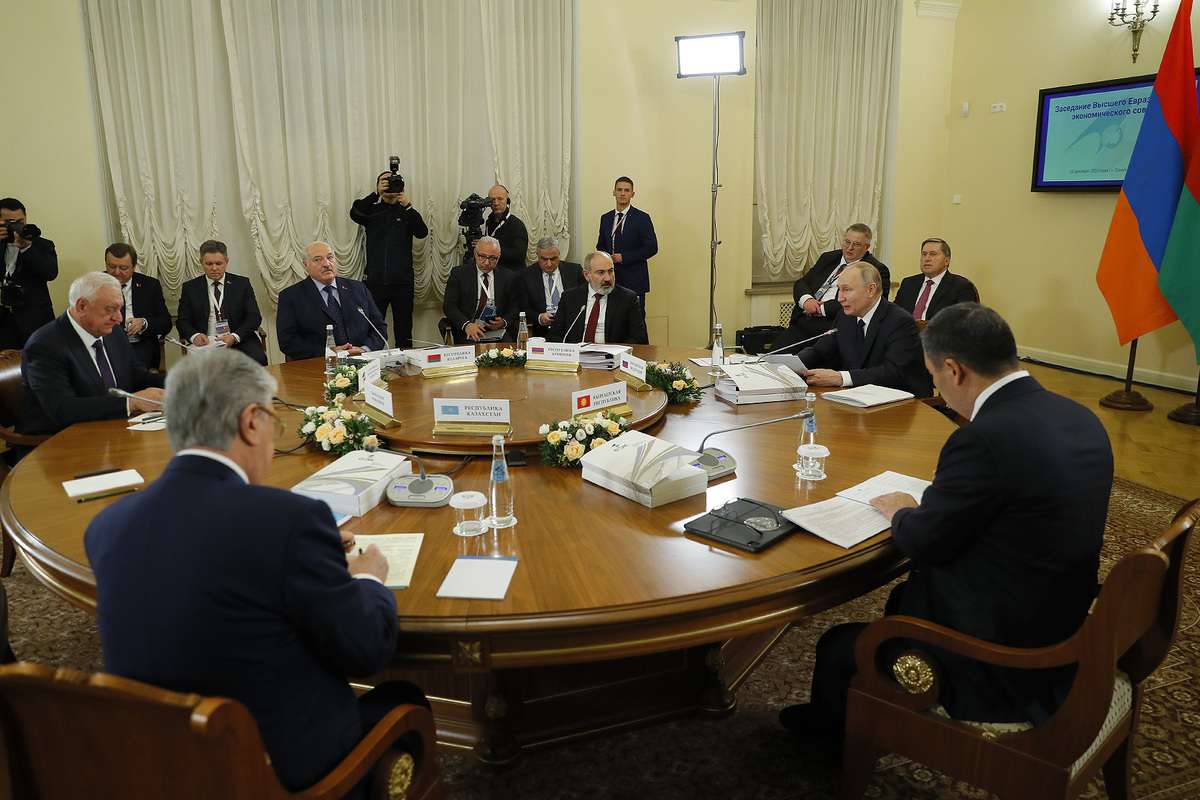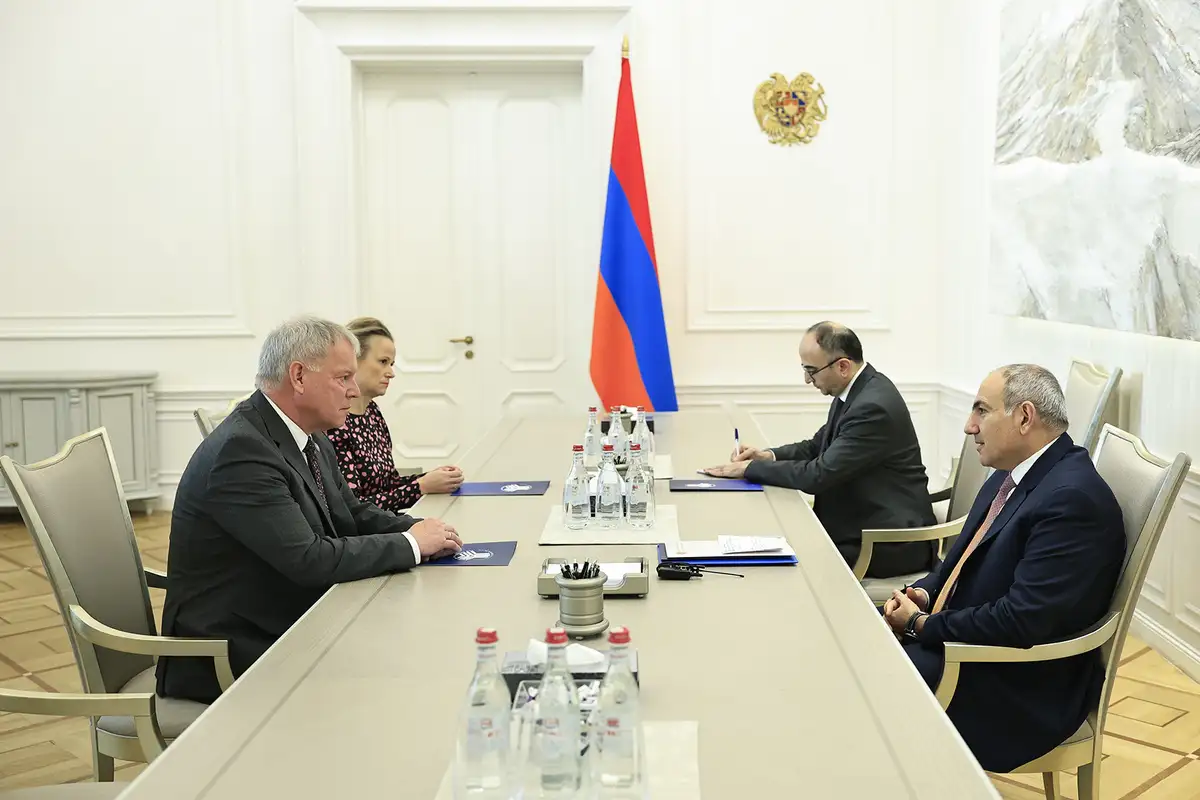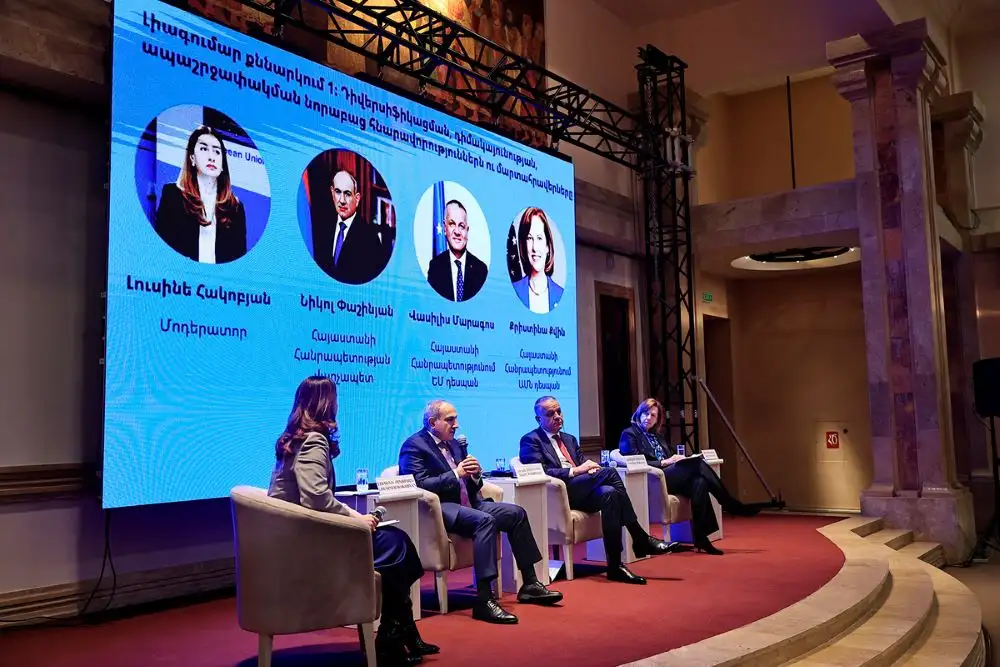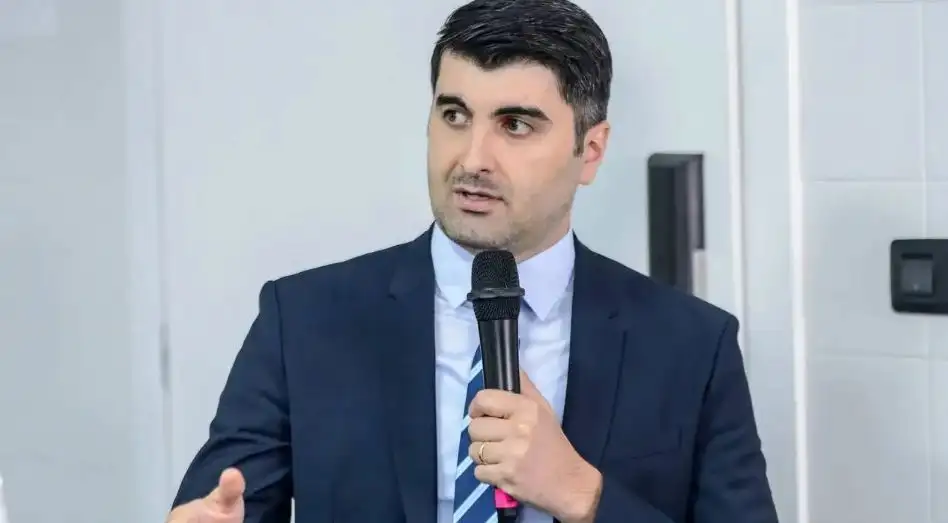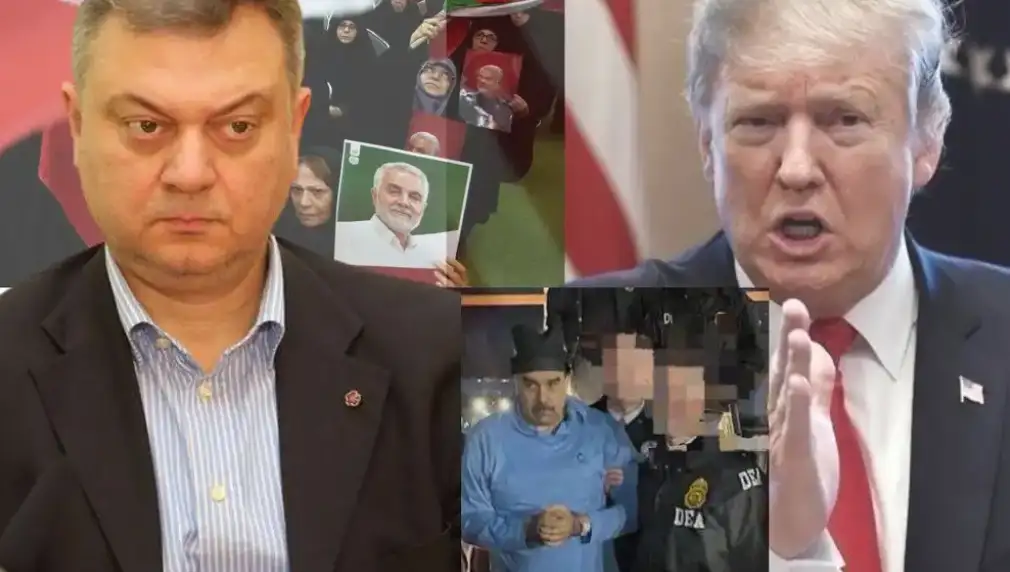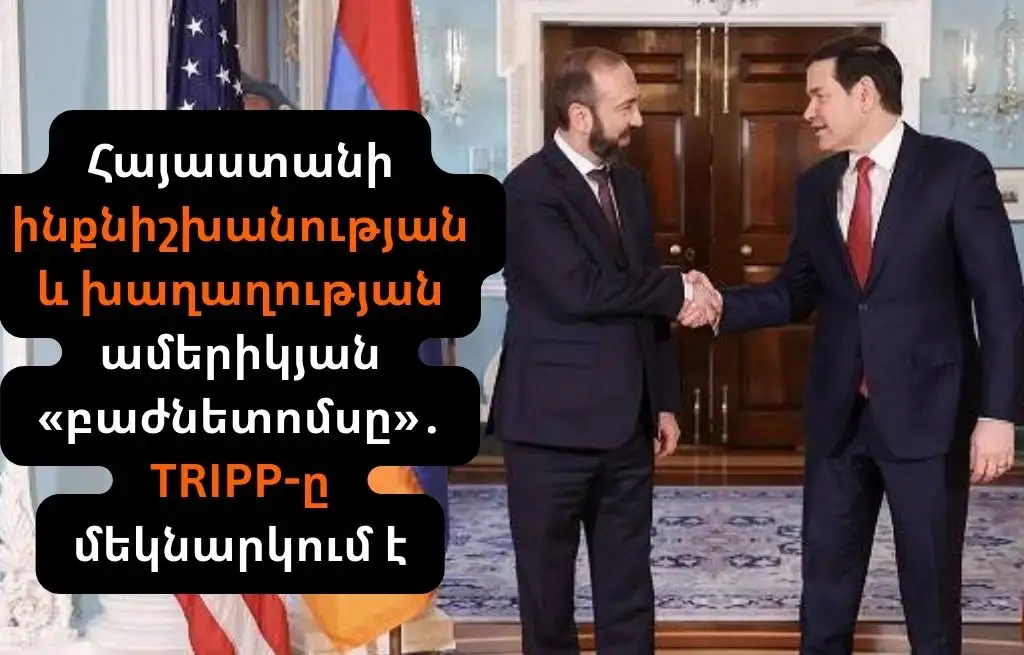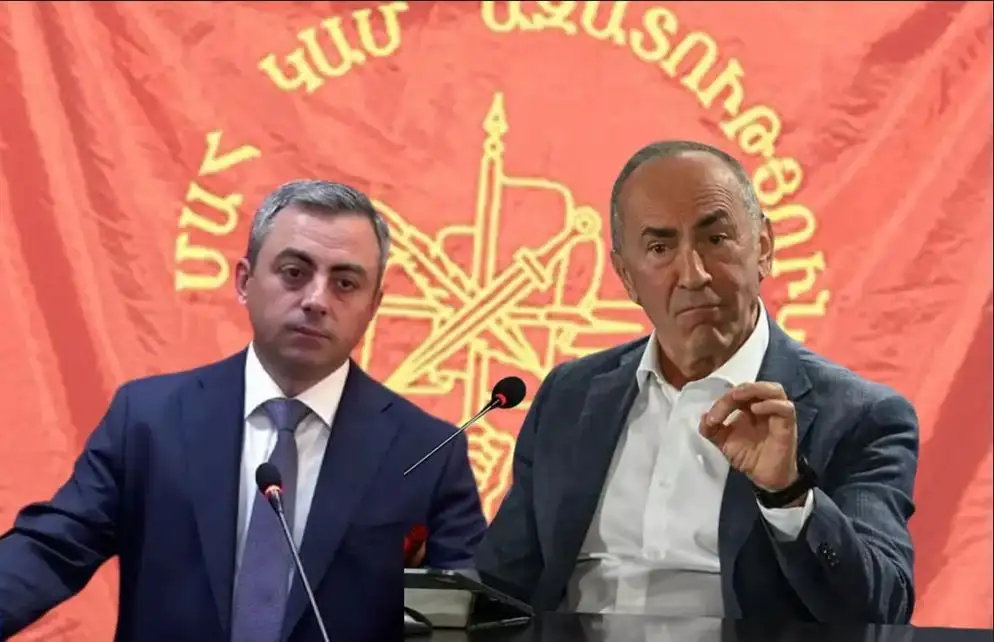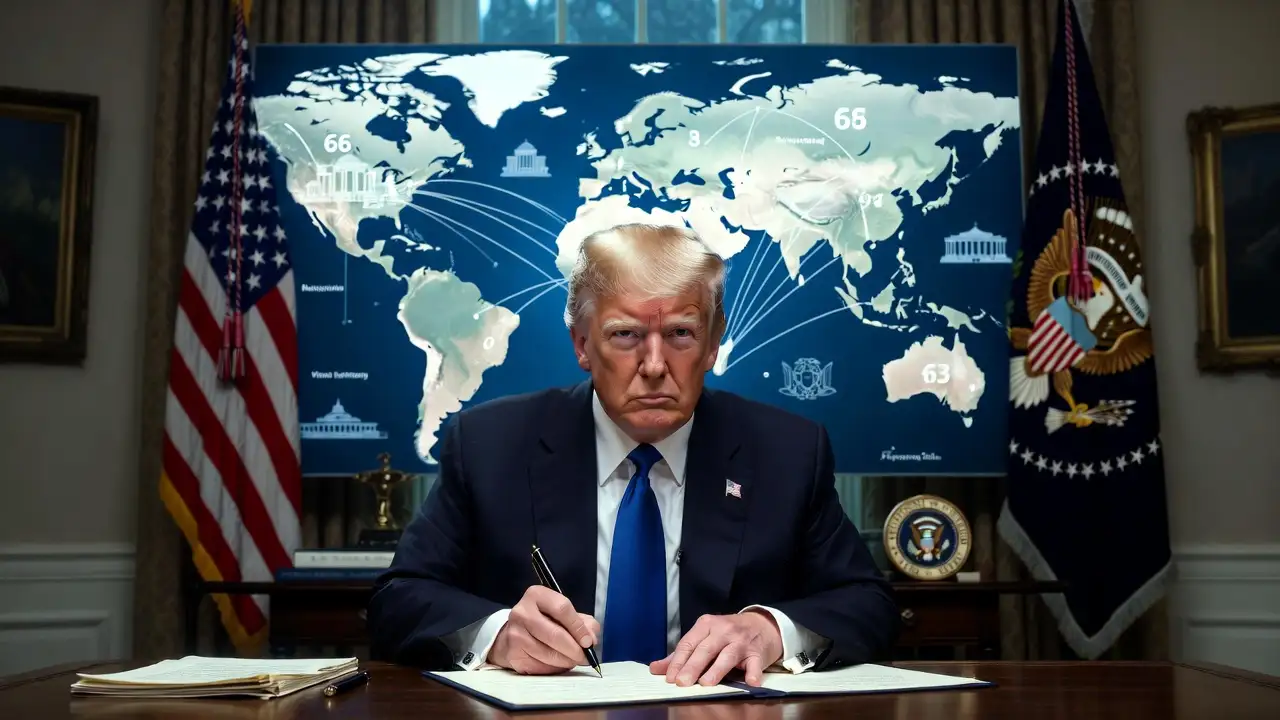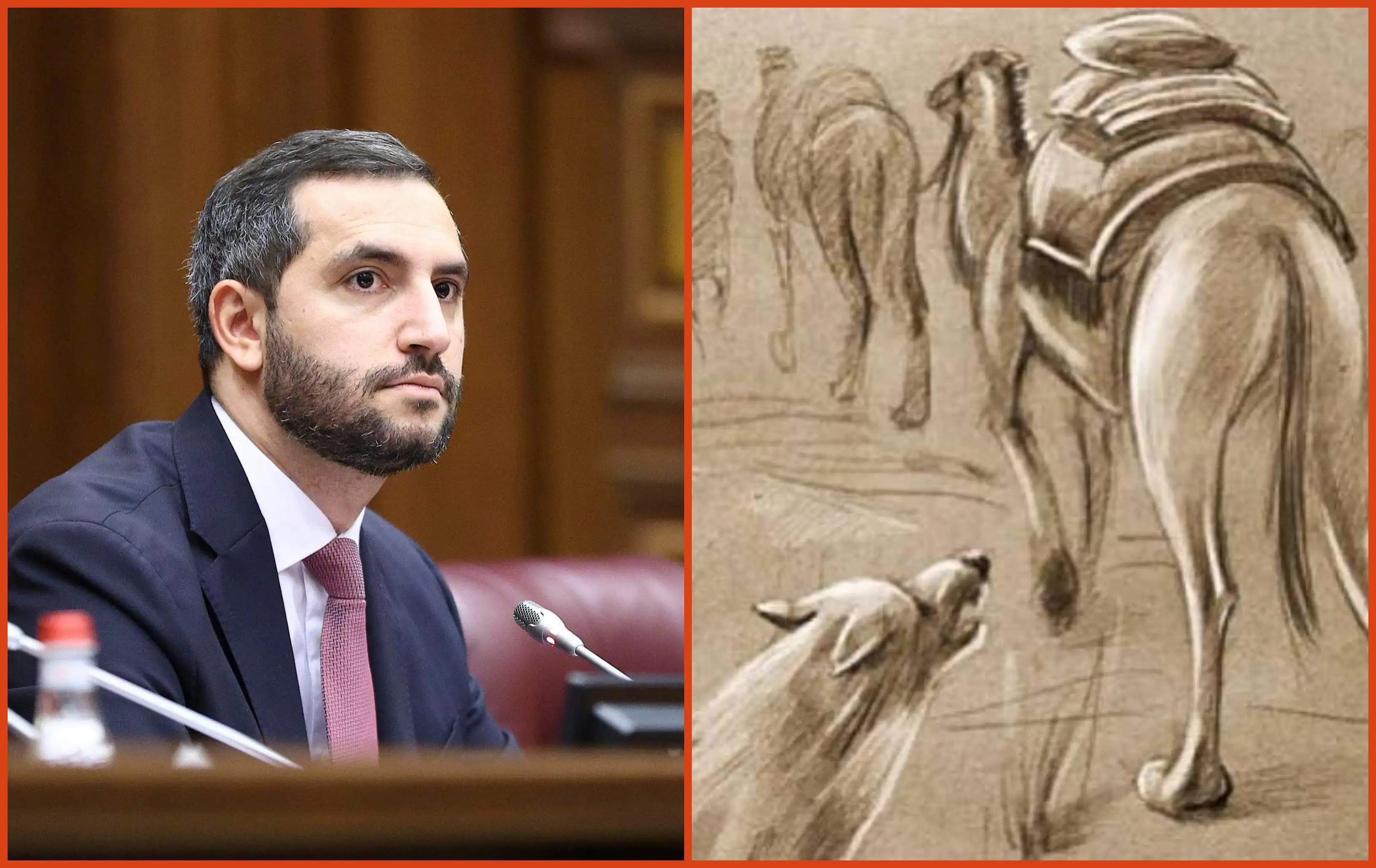Prime Minister Nikol Pashinyan participated in the regular session of the Eurasian Economic Council in Saint Petersburg. Russian President Vladimir Putin, Belarus President Alexander Lukashenko, Kazakhstan President Kasim-Zhomart Tokaev, and Kyrgyzstan President Sadir Zhaparov participated in the latter.
First, there was a limited session, then an extended one, in which the President of Industry, Mines, and Trade of the Islamic Republic of Iran, Abbas Ali-Abadi, also participated. Before the Eurasian Supreme Economic Council meeting, an agreement on free trade was signed today between EAEU member states and Iran. It was signed by the deputy prime ministers of the EAEU countries, Mher Grigoryan from the Armenian side and Abbas Ali-Abadi from the Iranian side.
Prime Minister Pashinyan delivered a speech at the extended session in which he specifically stated:
"Dear heads of state and esteemed members of delegations, I am happy to welcome you to the Eurasian Supreme Economic Council session, during which we will summarize the work done this year and outline how to develop the Eurasian Economic Union further.
Taking this opportunity, I would like to thank the Russian side and the President of the Russian Federation, Vladimir Vladimir Putin, for organizing today's event at the highest level.
From January 1, 2024, the Republic of Armenia will take over the presidency of the EAEU bodies from the Russian Federation, in connection with which we hope for the support and practical cooperation of the member states in order to implement the tasks before us.
It is symbolic that the presidency of Armenia coincides with the decade of the signing of the Treaty on the EAEU, which is based on the fundamental premise that the EAEU is an economic union that should not have a political and, even more so, a geopolitical agenda.
We continue to perceive it as such and, in this context, develop cooperation within the framework of our economic cooperation, striving to prevent all attempts to politicize Eurasian integration. EAEU and its economic principles should not be connected with political ambitions.
The fundamental freedoms of trade and integration cannot and should not be restricted for political reasons; this will lead to the corrosion of the fundamental principles of unification.
In this context, the Armenian side emphasizes the signing of the declaration on the further development of economic processes until 2030 and until 2045, which is based on the conceptual and priority directions of the mid-term and long-term development of the Eurasian Economic Union.
The Armenian side welcomes the signing of the free trade agreement with Iran. The signing of a full-fledged agreement will strengthen economic, logistic, and transport ties with Iran. It will provide an opportunity to create a solid contractual basis for joint projects.
At the same time, several unsolved problems of a fundamental nature have accumulated within the EAEU; I consider it appropriate to mention the urgent need for the member states to reach fundamental solutions on harmonizing the approaches, principles, and mechanisms of the typical energy markets. In this context, we are ready to take a flexible approach to ensure the balance of the interests of the EAEU member states on the unresolved issues to take advantage of the advantages and potential of the EAEU common energy markets.
It is also necessary to expand the spheres of cooperation in increasing energy efficiency and developing renewable energy. Another fundamentally important issue is the introduction of digital technologies into the practical activities of state business processes with the active involvement of our countries' IT communities.
This area is of particular importance, in particular, in light of the practical applications of artificial intelligence, which creates new opportunities for faster collection and practical analysis of economic activity data. The responsible use of the possibilities of artificial intelligence can also be an additional incentive for developing economic cooperation within the EAEU.
It is known that the need for a common border with the countries of the Union creates specific difficulties and economic costs for Armenia. This is a challenge for Armenia but, at the same time, a unique opportunity for EAEU. If we ensure the continuity of transport, transit, and administration through modern technologies, we will have a unique opportunity to develop EAEU relations with interested third countries.
Another effective tool can be introducing modern digital traceability systems of goods and cargo, including mutual recognition of electronic signatures. This guarantees implementing the "four freedoms" without additional barriers, providing a technical basis for practical cooperation within the EAEU.
These systems must be modern and efficient, removing existing barriers rather than creating new ones. At this challenging time for all of us, efforts should be focused on maximizing the impact of EAEU, considering the national socio-economic development priorities.
In conclusion, thank everyone again for the active cooperation in 2023 and, taking this opportunity, dear colleagues, to congratulate everyone on the coming New Year and wish peace and prosperity to our countries. Thanks for your attention".
During the session, various issues related to cooperation in multiple fields within the framework of the Union were discussed. A decision was made to hold the next meeting of the Eurasian Economic Council in May next year in Moscow.




